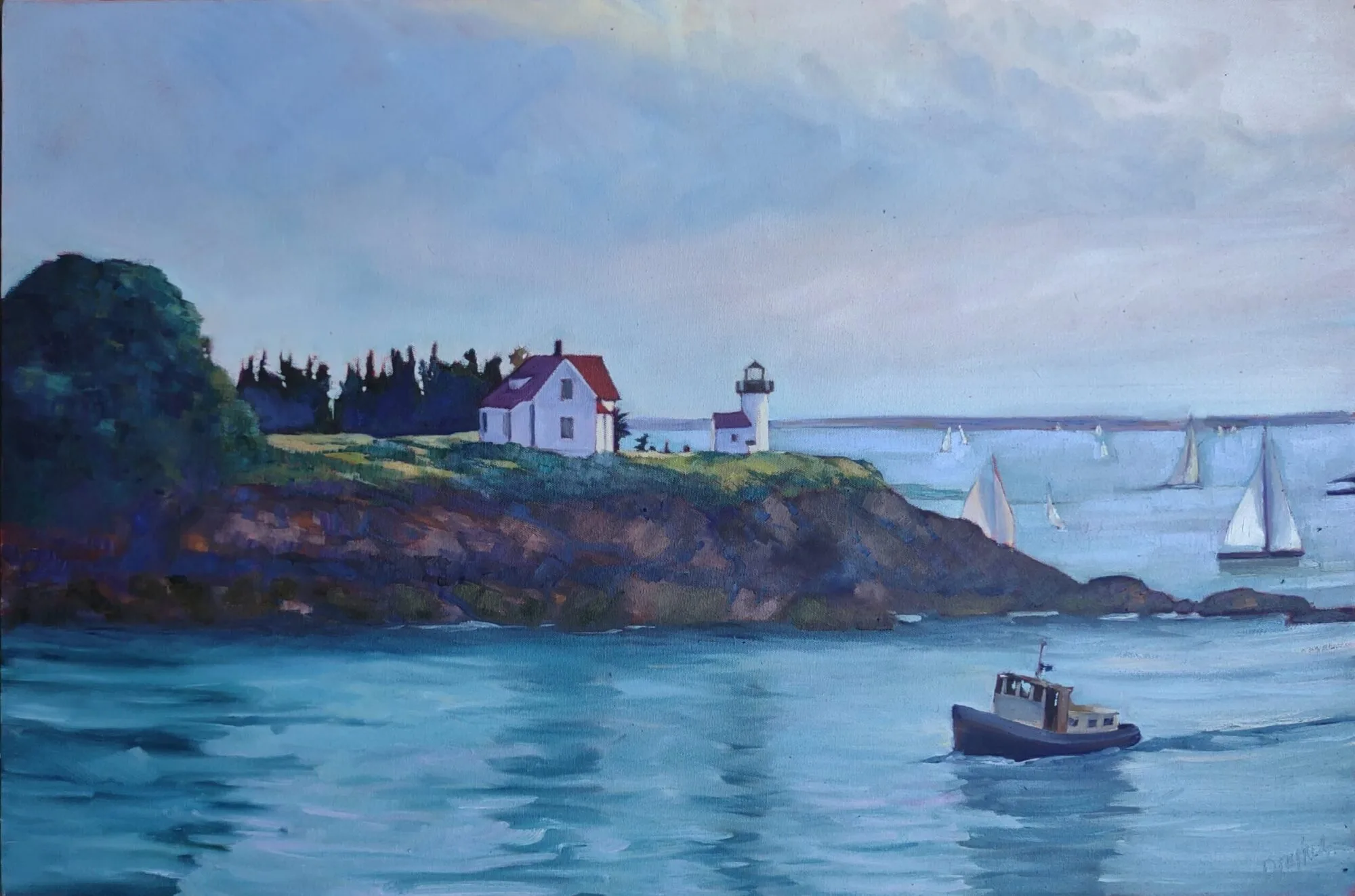Roosevelt called for freedom worldwide. Norman Rockwell’s paintings were so distinctly American, however, that they came to represent us.
 |
|
Freedom from Want, c. 1941-45, Norman Rockwell, courtesy National Archives at College Park
|
I had a painting teacher who hated Norman Rockwell. She was in tune with the art establishment of her time, which derided him as ‘just an illustrator.’ In fact, Rockwell understood painting just fine. Very few artists of any time could have balanced the plane of the table in Freedom from Want so elegantly.
Norman Rockwell’s Four Freedoms were meant to illustrate a passage from President Franklin Roosevelt’s State of the Union address of January 6, 1941. Nazi Germany occupied most of Western Europe, and the outlook for western culture looked grim. America was still steadfastly isolationist. Roosevelt exhorted his fellow Americans to think beyond our own borders. His Four Freedoms were universal rights of mankind, and he felt an obligation for America to help preserve them in Europe.
 |
|
Freedom of Speech, c. 1941-45, Norman Rockwell, courtesy National Archives at College Park
|
Norman Rockwell’s paintings, however, were so idiosyncratically American that they have come to represent us. Freedom from Want is now irrevocably entwined with the American holiday season, which kicks off tomorrow.
The foil for the whole painting is the white-on-white table, surrounded by a wreath of faces. If you’ve ever wondered about Rockwell’s legacy as a painter, study that table. He’s as brilliant with the whites as Joaquín Sorolla, but in a cooler, more American way.
 |
|
Freedom of Worship, c. 1941-45, Norman Rockwell, courtesy National Archives at College Park
|
He painted the figures from life, using his friends and neighbors as models. About the turkey, Rockwell said, “Our cook cooked it, I painted it and we ate it. That was one of the few times I’ve ever eaten the model.”
There’s almost no other food on the table. Such is the magic of his realism that Rockwell makes you believe it’s an overloaded table. In fact, that was the criticism of it at the time, that it depicted indulgence while Europe was starving.
 |
|
Freedom from Fear, c. 1941-45, Norman Rockwell, courtesy National Archives at College Park
|
We’re so swamped in bad news that it’s easy to forget how blessed we are. “No famine has ever taken place in the history of the world in a functioning democracy,” wrote Nobel-winning economist Amartya Sen. Americans are particularly blessed with freedom of speech: in 2015, the Pew Research Center polled 38 countries around the world in 2015 and found that Americans are more tolerant of free speech than other nations.
Fear is tough to measure as it’s subjective. However, attacks on American soil have been blessedly few; most of our wounds are self-inflicted. And we are free to worship where we want, and to have lively debates in court and the media when religious rights and other rights intersect.
If you say grace tomorrow, you could do worse than thanking God for the four freedoms enumerated by President Roosevelt all those years ago.
Have a very blessed holiday! (There will be no blog tomorrow.)
